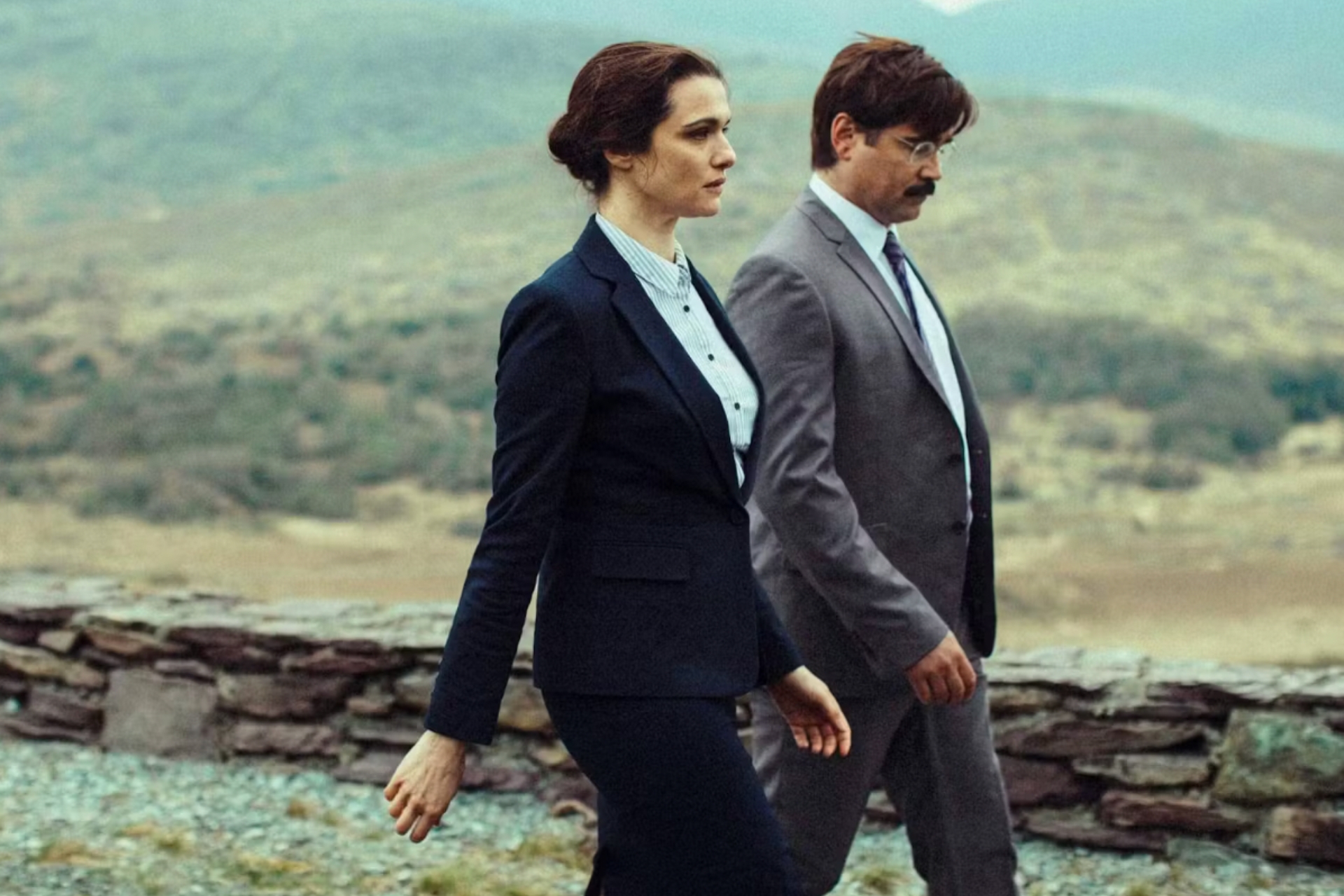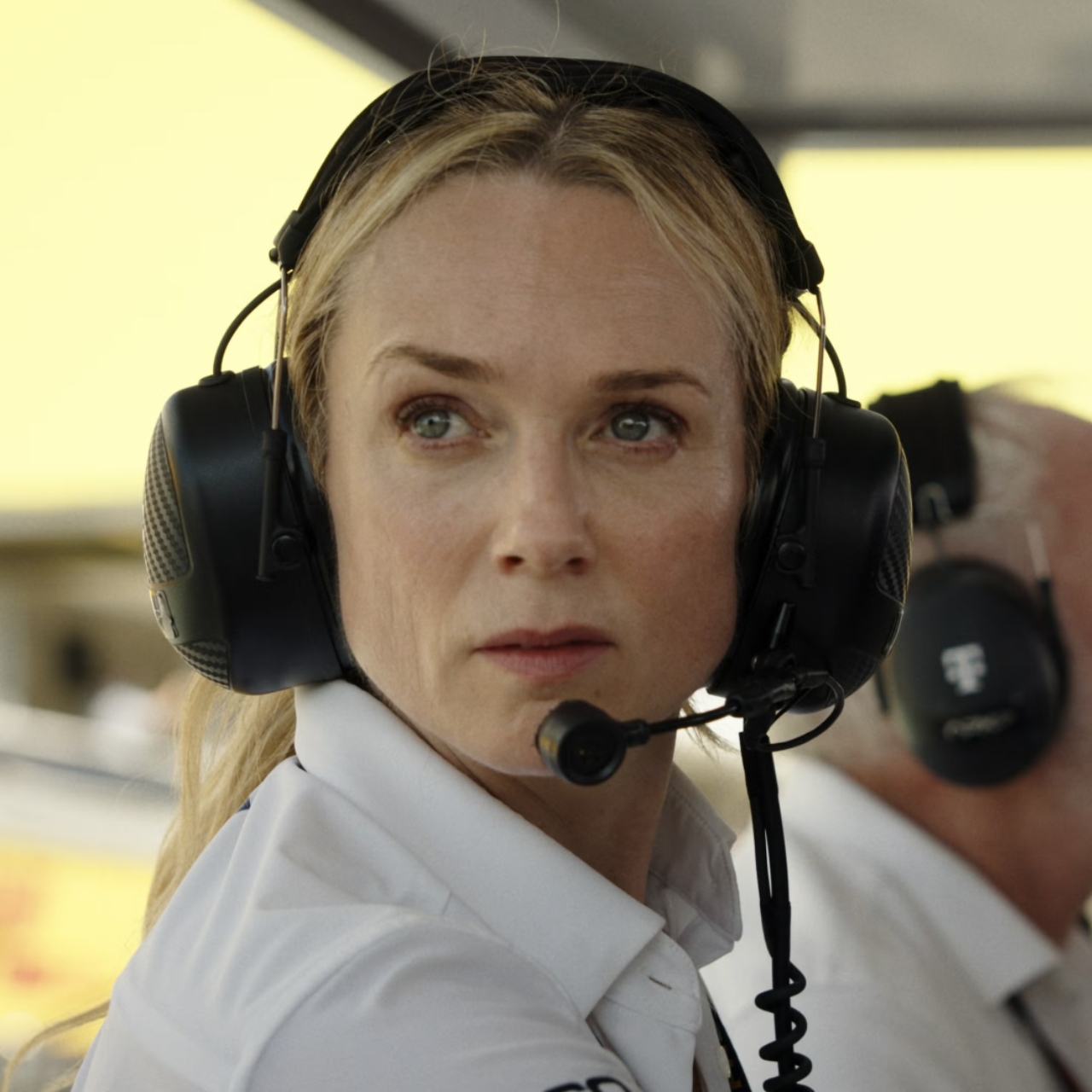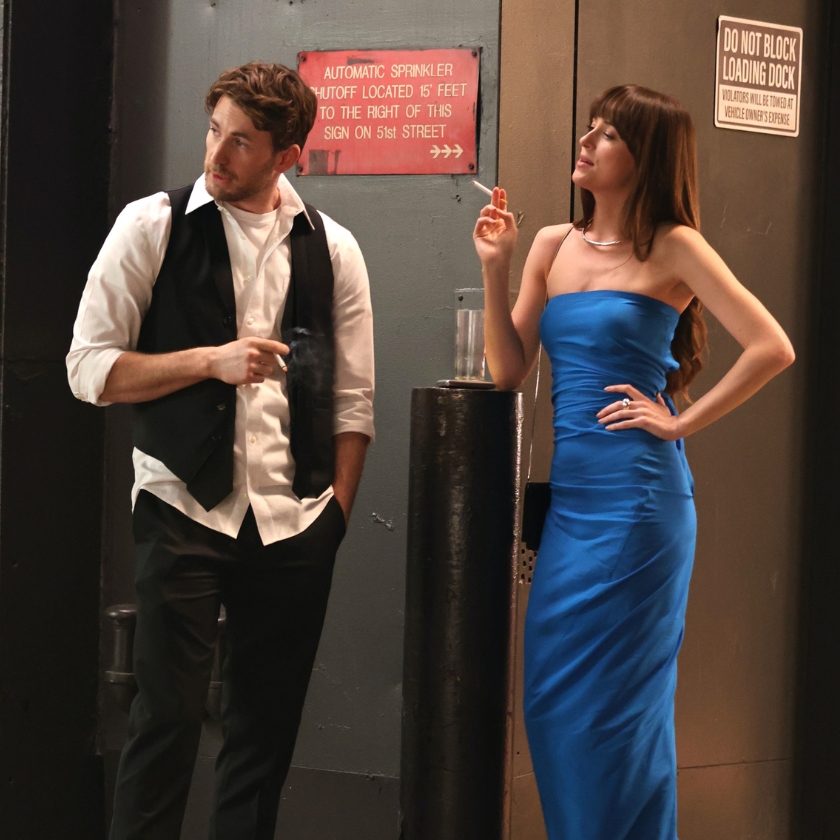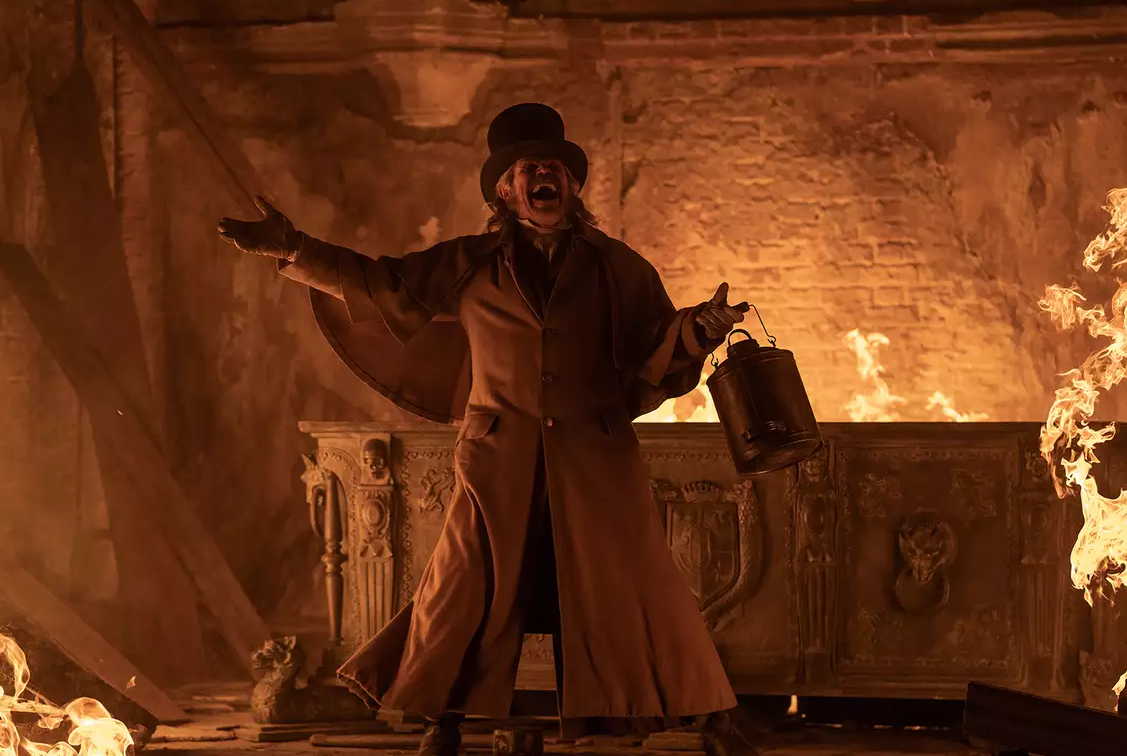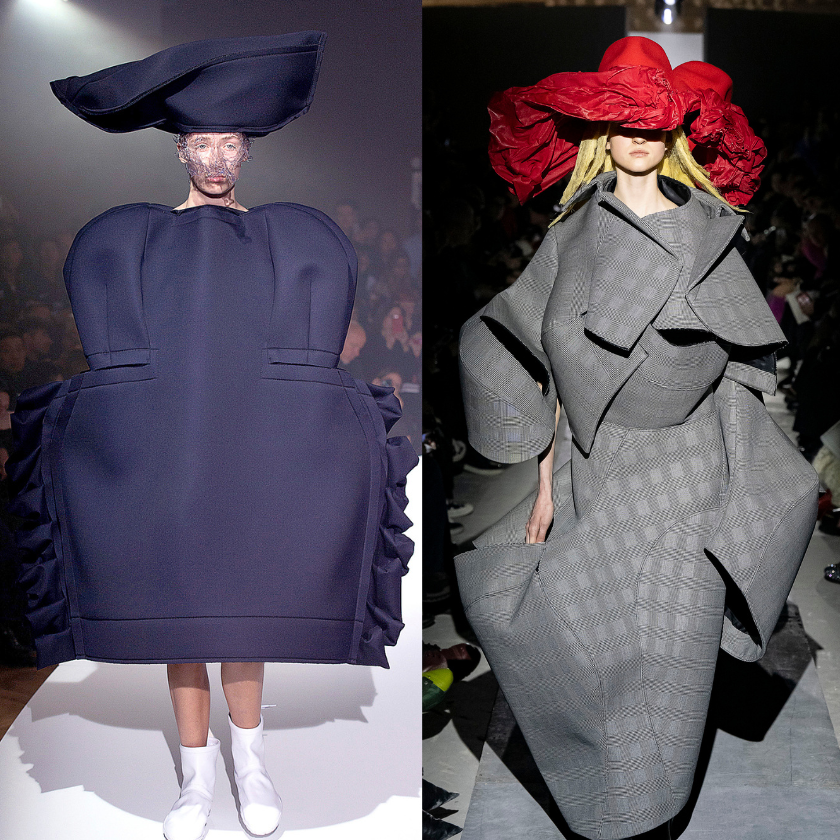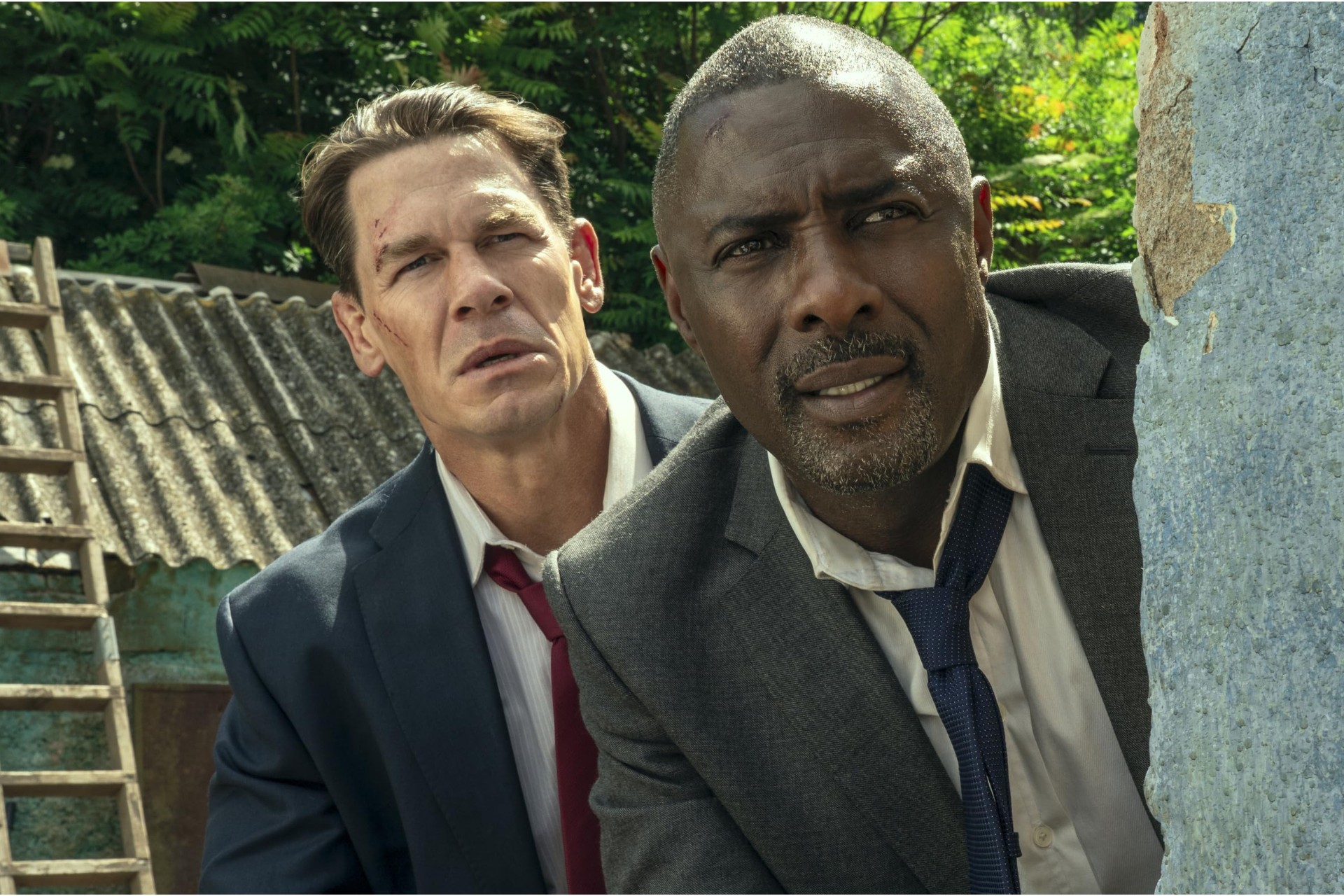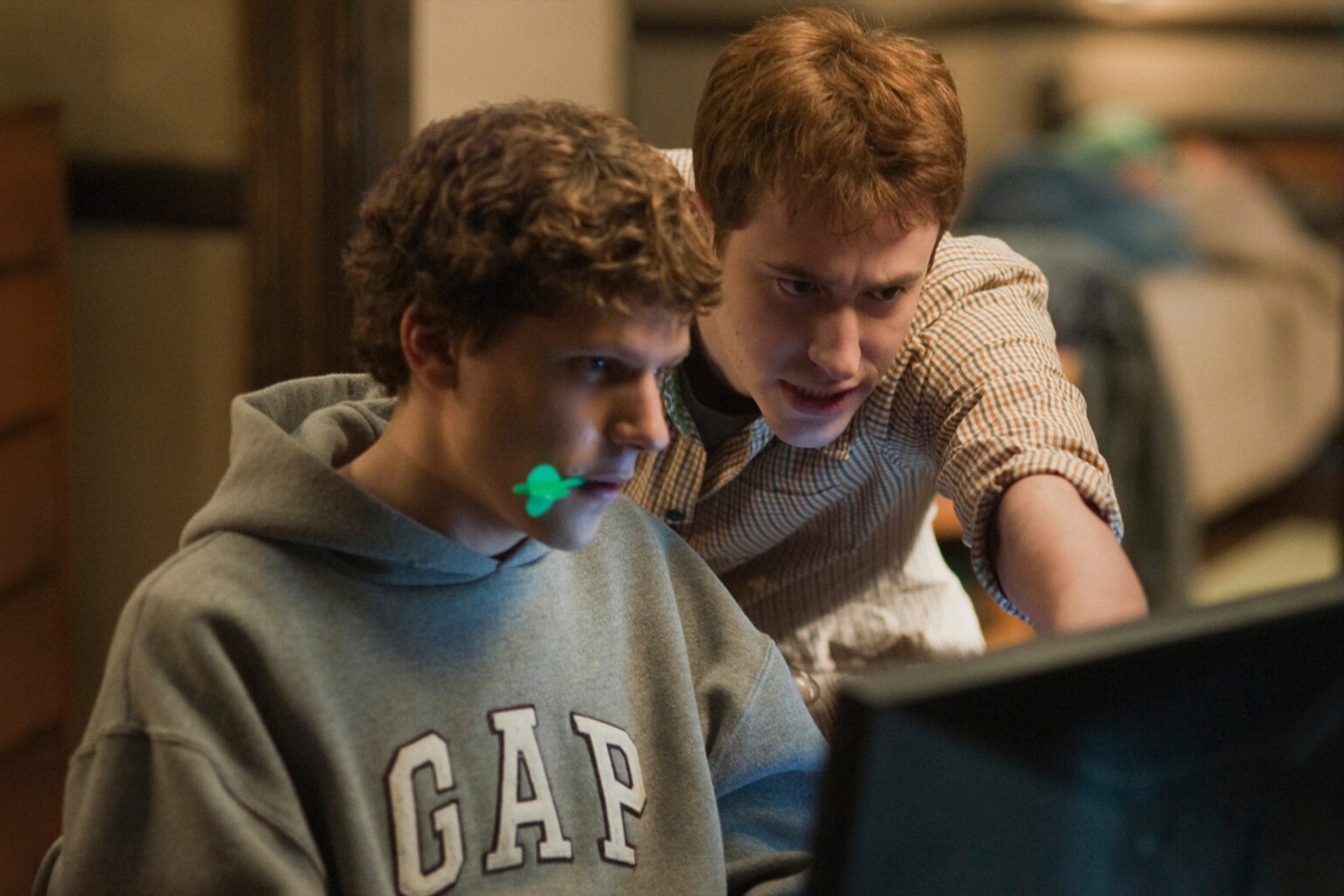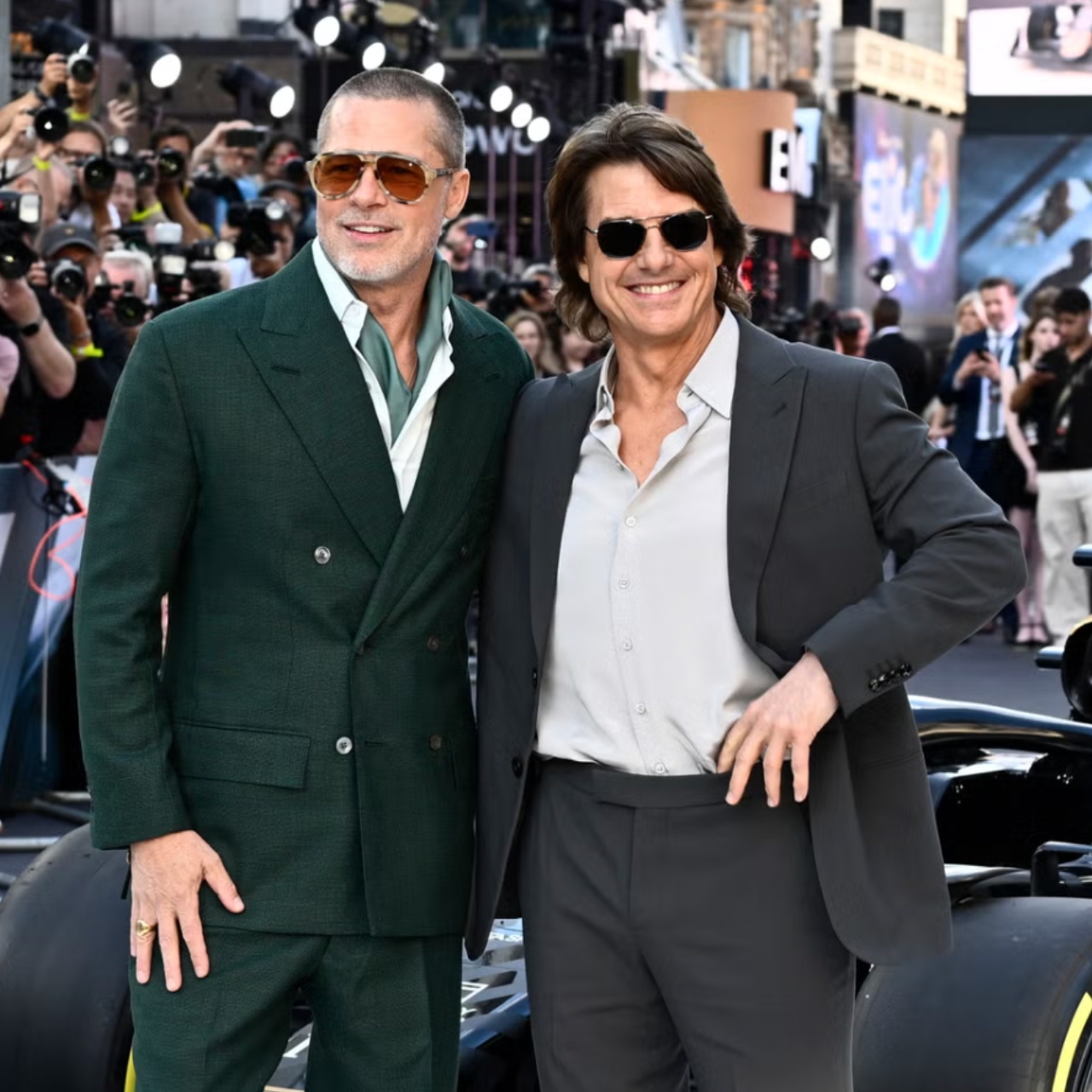Why the Emmys need a ‘dramedy’ category
The Bear's record haul of Emmy nominations in the comedy category has raised some eyebrows. Combining suppressed trauma with feel-good optimism and a pinch of slapstick comedy, the Jeremy Allen White-led phenomenon is perhaps too complex for awards shows to put into a neat category – but then, such is life
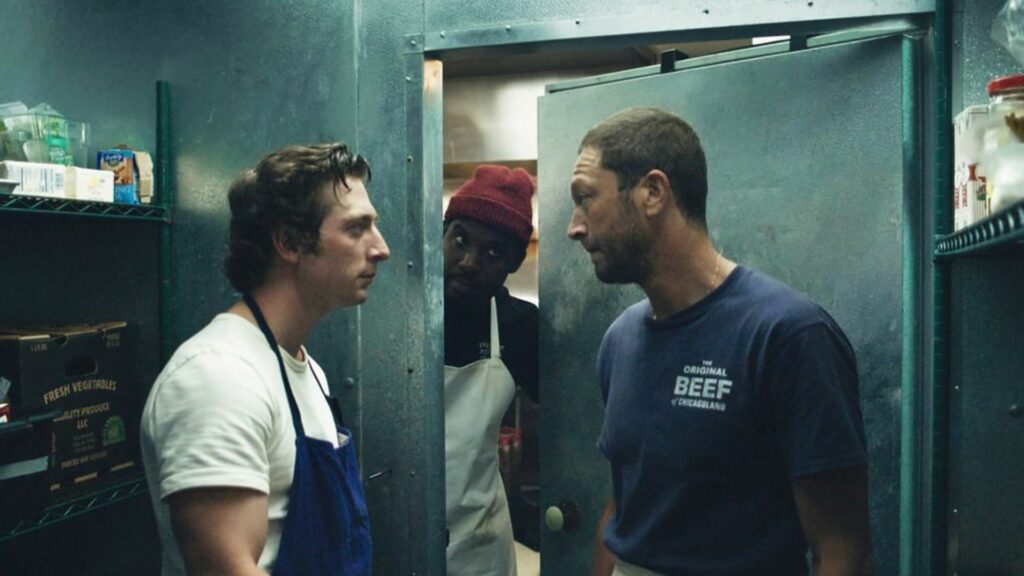
THE DAY MY grandmother died was, as you would expect, a difficult one for my family. She was much-loved, a kind of benevolent matriarch who spoilt her grandchildren, loved the Queen and would give money to strangers on the street. She was 95 years old when she passed away – she’d had a good innings – but we all felt her passing.
I recall a phone call my brother took from a friend that day which, despite the prevailing mood, managed to bring a smile to my lips.
I was distracting myself reading the newspaper and hadn’t been paying much attention until I heard my brother say: “Well, we’ve had a bit of bad luck as you may have heard.” Now, that probably means next to nothing to anyone besides me, my brother and his friend. But if you grew up in the ’80s and videotaped the ads out of Ferris Bueller’s Day Off in order to watch it over and over again, as we did, it’s a line Cameron uses when pretending to be Ferris’s girlfriend Sloan’s dad. Cameron goes on to explain to principal Ed Rooney that Sloan’s grandmother has passed away, thus allowing the three to ditch school and enjoy a day of hijinks in downtown Chicago.
I recall smiling and shaking my head as my brother made eye contact with me. We still talk about that phone call to this day. He had found a moment of levity on a sad day.
I bring this moment up, for even in our darkest moments there is often space for humour, something FX megahit The Bear has turned into an art form over the last few years. As its characters wrestle with grief and trauma while navigating the ongoing travails of life in a Chicago kitchen, there is, amid all the screaming, swearing and flying utensils, moments of levity, farce and occasionally, in the case of the Fak brothers, slapstick.
That might be why the show received 23 Emmy nominations in the comedy category this week. And yet, despite the reliable presence of humour in almost every episode, The Bear is decidedly not a comedy. Indeed, to treat it as such is something of a joke, a fact rival comedy shows appear to be calling out.
The writers of Abbott Elementary tweeted: “Proud of Abbott Elementary for all of its Emmy nominations this year, especially Outstanding Comedy series as we are definitely a program where the majority of the running time of at least 6 episodes are primarily comedic, as defined by the TV Academy.” Ouch.
But those writers might have a point. Jeremy Allen White’s performance as a hollowed out, emotionally anaesthetised man, whose failure to address the trauma of his brother’s suicide has led him to use his work to ameliorate his pain, in the process jeopardising relationships with his girlfriend, family and work mates, is an acting masterclass that deserves recognition – just not in the comedy category.
So, no, The Bear is not a comedy. But nor is it a straight-out drama. Instead, it’s a show that in the space of a single scene can move from searing tension to volcanic displays of rage, before dissolving into something close to pantomime-like theatrics a moment later. Case in point, the final episode of season 1, in which the animosity between Richie and Syd builds and builds, until she accidentally stabs him in the arse, offering a much-needed release valve.
For an even more sumptuous feast of contrasting emotional flavours (hey, it’s a show about cooking), you need look no further than season 2’s, Fishes, where in a flashback episode, all of the simmering discord in Carmy’s family boils over, as the characters spit invective at each other across the table. Carmy watches on horrified, as the tension continues to ratchet up, to the point that forks fly and a car crashes into the living room. Watching at home, I felt knots in my stomach vying with grins that cut the corners of my mouth.

But The Bear doesn’t limit itself to the polar extremes of barked insults or belly laughs. Many episodes, like season 2’s Forks or season 3’s Napkins, which follow the journey of a single character, (Richie and Tina respectively), are heartwarming, inspirational, and if they weren’t so exquisitely put together, could come off as corny.
The richness of the show’s emotional palate is surely a key ingredient in its success, capturing as it does, life and all its messy contradictions: the highs, lows, trauma, tantrums, fights, friendships, jokes, insults and trivial questions, that occupy us day to day. If I had to compare the show to a condiment (again, cooking show!), it would be the fiery yet sweet Korean gochujang, a sauce that somehow manages to assault your tastebuds at the same time as it tickles them.
The obvious classification for a show like The Bear then, is a dramedy – I suppose we could call it a camedy, except it would sound like someone from Boston trying to say ‘comedy’. Either way, it is a rich dish and one that deserves to be properly recognised for its ambition and complexity.
Of course, the show is not the first on TV to blur genre lines – and make the Emmys look a little silly in the process. In fact, it’s probably no coincidence, but some of the most revered shows of the last few years have stubbornly refused to be squashed neatly into the box of genre classification.
HBO’s Succession is the most obvious example. Biting satire underpinned by the King Lear-like tragedy of the Roy clan’s familial dysfunction, the show won 19 Emmys in the drama category. You could argue, though, that with its withering dialogue and God-tier one-liners, it was as funny as it was a damning indictment of late-stage capitalism, corporate nepotism and the corrosive effects of wealth and power. Here again, a dramedy category would have been handy.
The White Lotus too, defies easy genre labelling. The show has some serious things to say about class, race, wealth, the vestiges of Western imperialism and sexuality, yet its packaging in idyllic, exotic locations and a campy, portentous sense of horniness means it regularly elicits chuckles.
In film, Kenneth Lonergan’s 2016 masterpiece, Manchester by the Sea, starring Casey Affleck and Michelle Williams, somehow manages to inject guffaws into an impossibly dark story about a man who feels responsible for the death of his three children. Not so well known, perhaps, but the ability to combine gut-punching trauma with absurdity is a staple of English director, Shane Meadows, in his acclaimed This Is England films and TV series.
It’s probably worth drawing a distinction between ‘dark comedies’ and dramedies. In many cases, the former are an attempt to apply a comic blowtorch or satirical lens to cases involving injustice, hypocrisy or brazen malfeasance within entrenched power structures. Films like Wag the Dog, starring Robert De Niro and Dustin Hoffman, The Thick of It and The Wolf of Wall Street, for example, all use comedy as a weapon to make serious points about political chicanery, bureaucratic incompetence or capitalist excess. They are still comedies.
A dramedy, however, is rooted in trauma or tragedy, but doesn’t shy away from using humour to break the tension and leaven grave predicaments, just as we do in real life. Of course, it’s a coping mechanism, that’s the point – see my bro’s attempt to channel Cameron.
If you don’t laugh, you’ll cry, or so goes the rather hackneyed saying. The truth is, we usually need to do both, something TV producers are increasingly recognising, even if the Emmys aren’t.
Related:












